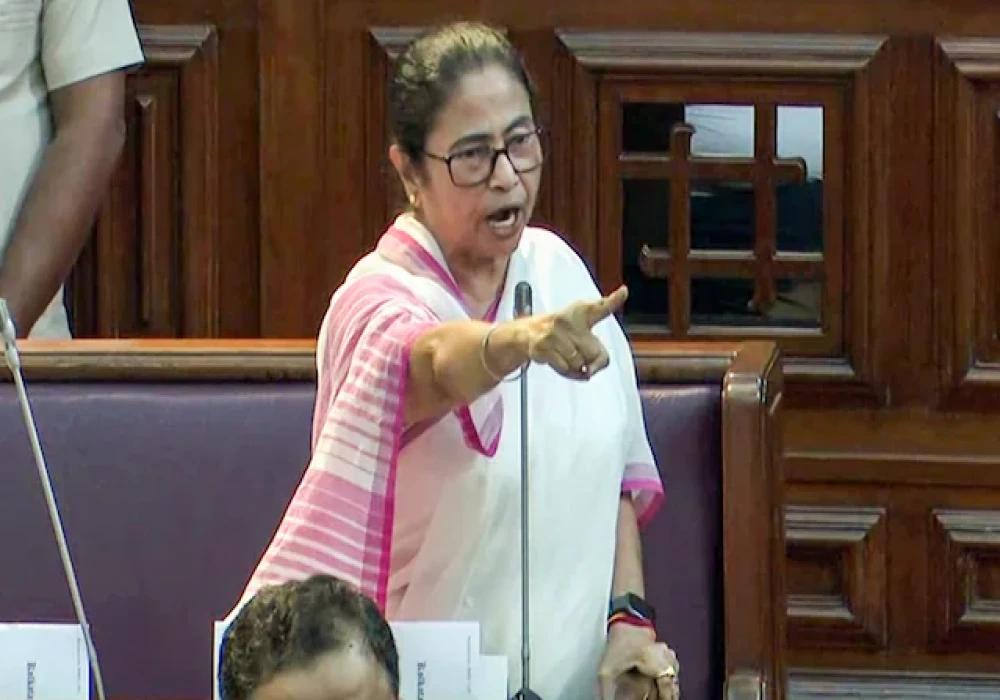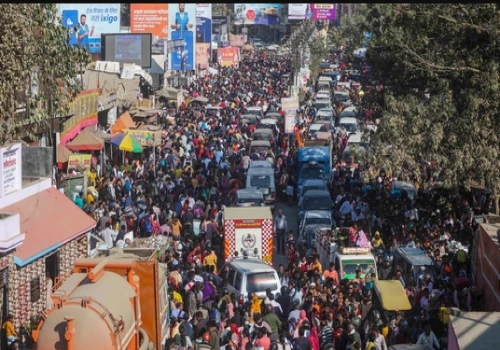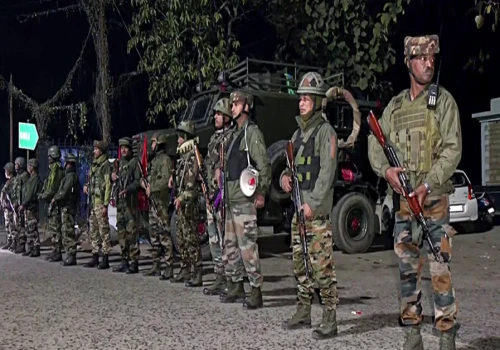
The Aparajita Bill is a new law passed by the West Bengal Assembly in response to a terrible crime where a 31-year-old doctor was raped and murdered in Kolkata. The Bill changes some rules in the criminal code, making punishments for rape, child abuse, and other serious crimes much stricter.
Key Points of the Aparajita Bill:
- Stricter Punishments for Rape: The Bill increases the punishment for rape. Instead of just 10 years in prison, it suggests that a rapist should spend the rest of their life in prison or even face the death penalty. The fines collected will help pay for the victim's medical and rehabilitation costs.
- Punishment for Rape Leading to Death: If a rape victim dies or is left in a "vegetative state," the Bill says the rapist should receive the death penalty.
- Gang Rape Punishment: The Bill removes the option of a 20-year prison sentence for gang rape and insists on life imprisonment or the death penalty.
- Protecting Victims' Identities: The Bill increases the punishment for revealing the identity of a sexual violence victim, with jail time ranging from three to five years.
- Child Abuse Penalties: The Bill also strengthens punishments for child abuse.
- Special Courts and Task Forces: The Bill proposes setting up special courts to handle cases of sexual violence and creating task forces to investigate these crimes.
What Happens Next:
The Bill has been passed by the West Bengal Assembly, but it still needs approval from the Governor and the President of India before it becomes law. Because criminal law is controlled by both state and central governments, the Bill needs the President's approval to be enforced. However, since the central government is led by a rival political party (BJP), it is unlikely that the Bill will be approved.
Political Context:
West Bengal's Chief Minister, Mamata Banerjee, pushed for this Bill to address public outrage over the recent crime. She and her party are facing criticism, and the Bill is seen as a way to manage the situation and respond to accusations that her government is not doing enough to protect citizens.

_500_x_350.webp)
 (1)_500_x_350.webp)







